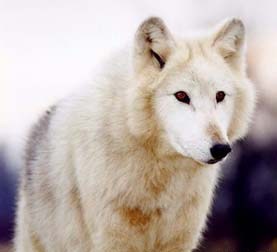冬至
DONG ZHI
Winter Solstice Festival
Eleventh Moon (December)
Literally meaning the "arrival (至) of winter (冬)”, Dong Zhi is the second most
important festival of the Chinese calendar, and is considered the thanksgiving
of the Chinese calendar. Dong Zhi is the last festival of the year. Coinciding
with the winter solstice, it is a time for the entire family to get together to
celebrate the past good year. Glutinous rice balls known as Tang Yuan (汤圆)
are cooked and eaten to signify unity and harmony within the family.
ORIGINS OF DONG ZHI
Celebrated on the longest night of the year, Dong Zhi is the day when
sunshine is weakest and daylight shortest. The sun is at the Tropic of
Capricorn & this results in the longest night of the year for those living in the
northern hemisphere.
Dong Zhi has its origins in the farmer's celebrations of the year-end harvest.
The ancient Chinese farmers divided the year into 24 "joints" of two weeks,
and as a result, each Dong Zhi occurs six weeks before the Chinese New
Year. Dongzhi usually falls between December 21 and 23.
Dong Zhi was in fact the antecedent of Chinese New Year, as some of the
earlier emperors celebrated the new year at Dong Zhi. This lasted till Emperor
Han Wu Di decided to fix the Lunar New Year at the beginning of each year.
Even today, some Chinese “traditionalists” insist that everyone turns a year
older after Dong Zhi.
The celebration of Dong Zhi is also deeply rooted in the Chinese belief of yin
and yang, which represent balance and harmony in life. The Chinese believe
that although the yin qualities of darkness and cold are at their most powerful
at the time of Dong Zhi, it is also a turning point, heralding the dawning of the
light and warmth of yang. Because of this, Dong Zhi is considered a time of
optimism.
Subscribe to:
Post Comments (Atom)

No comments:
Post a Comment